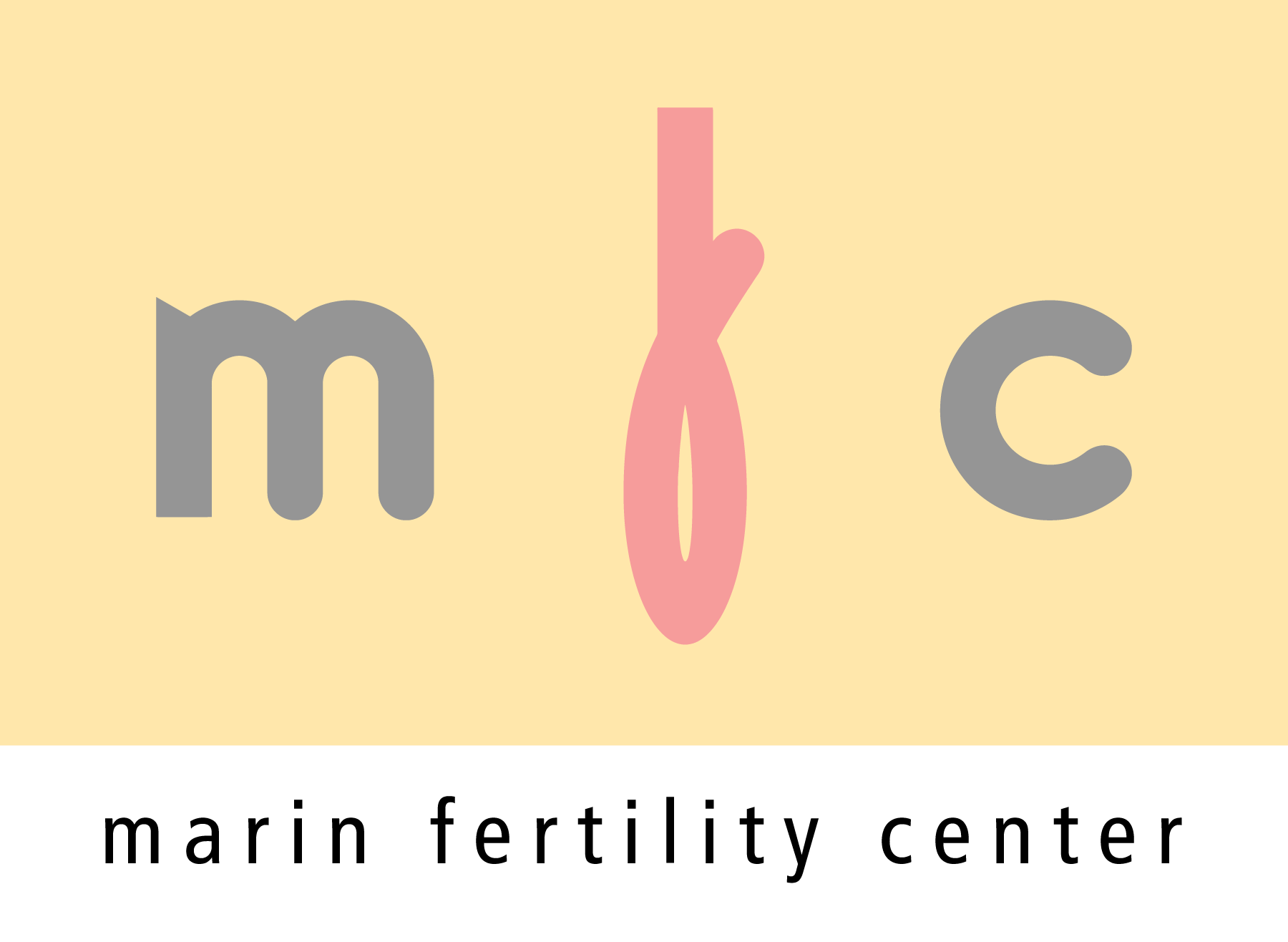who it may be for? Single women, Women with female partners, Women with a male partner who has no sperm or an unpredictable amount of sperm.
At Marin Fertility Center, we celebrate diversity and offer a comprehensive range of fertility services tailored to meet the unique needs of LGBTQ+ individuals and couples. Whether your journey involves donor sperm, donor eggs, ovarian stimulation, egg retrieval, embryo freezing, or working with a gestational carrier, our team provides inclusive, affirming, medically advanced care.
From assisted reproductive technologies like IVF, ICSI (intracytoplasmic sperm injection), and preimplantation genetic testing, to emotional support and guidance, we are committed to helping you realize your dream of parenthood in a safe, welcoming, and empowering environment.


